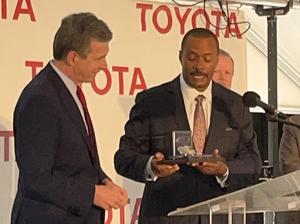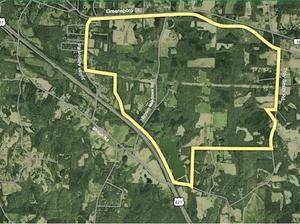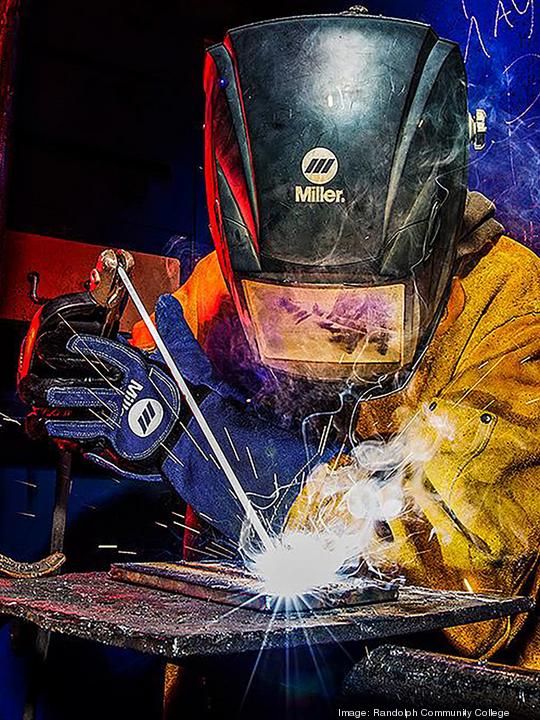
Toyota Motor North America’s plan to build a $1.29 billion electric battery plant at the Greensboro-Randolph megasite has created great expectations on many fronts in North Carolina's Triad region, from the jobs the plant will create to the ripple effect on housing and commercial development.
But there’s another sector that’s eagerly eyeing a boost: higher education. The region’s community colleges and universities are expecting to play a pivotal role in readying workers for those jobs, and not just in manufacturing roles. The plant is expected to create jobs ranging from production to engineering to supply-chain managers to professionals needing advanced degrees.
The plant, which is scheduled to open in 2025, will employ 1,750 initially. A second phase is possible totaling at least $1.7 billion, perhaps upwards of $2.1 billion. The second phase would create 2,125 more jobs. Hiring will begin in 2024 for the first phase.
An educated workforce will be crucial to the success of the plant, said to Chris Reynolds, chief administrative officer for Toyota Motor North America.
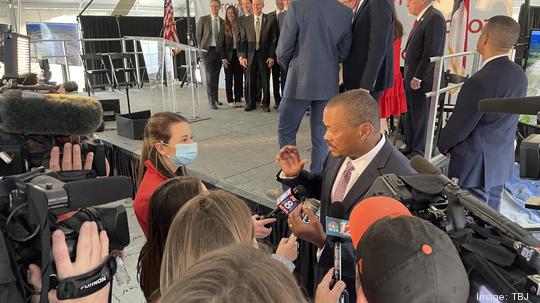
“One of the strategies that we employ in staffing up a facility like this one is engaging the local providers that supply great employees and team members,” Reynolds said, noting the plant will require many different types of jobs. “In our history, it has been local community colleges, local colleges, and universities that provide us with the talent we need. The people who go (there) are already sold on the region; they already know the area. They see an opportunity in their backyard.”
A focus from the start
Leading the way on educating the Toyota technical workforce is Randolph Community College. The megasite is in the small community of Liberty, a 20-minute drive from the school in Asheboro.
Robert Shackleford, president of the college, had been meeting with Toyota officials prior to the announcement.
“I was involved with them for three different visits to the site before they announced,” he said. “I began working with them when they were still considering eight other states.
“After the first visit, when they wanted a second visit, we were encouraged; when they wanted a third visit, we were cautiously optimistic. It will be a transformative industry for our region and our state.”
He expects the electric battery plant and support industries that follow to create as many as 17,000 jobs.

Shackleford said RCC and Toyota will have a close relationship. The college will build and staff a training facility adjacent to the site. All the Toyota training, along with the building, will be developed to meet Toyota’s expectations; however, the building will also be used for training workers from other companies.
He said that the site will be on 25 to 35 acres. He will be working with county commissioners on acquiring the land.
The money for the facility will come from state funding and grants.
“We are the lead college on education and training,” he said. “But there’s a consortium of colleges that will be involved.”
The community colleges will be more involved in manufacturing and logistics, he said. N.C. A&T State University and N.C. State University are expected to see demand for engineers from the plant, Shackleford added. He will be meeting with RCC’s K-12 partners on how they can prepare students for training.
“What we’re doing now as the lead college is gathering information from Toyota as to what skill sets they need, instead of running out and developing a lot of new programs,” Shackleford said.
He envisions that, in addition to production technicians, the plant will need electricians and inspectors, forklift operators, HVAC technicians, plumbers, welders and bookkeepers.
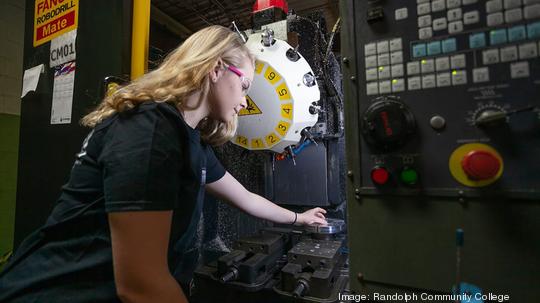
In mid-January, he had two strategic planning sessions with key players.
“I will be meeting with all the colleges in the region early in the spring and we’ll start talking about which college would be best suited for each area.”
Shaping the training needs for Toyota will be one of the last projects Shackleford will undertake. He announced his retirement in early January, effective July 1. He said he will be coordinating the training collaboration until then.
“A priority for me between now and then is to work diligently toward building a collaborative training infrastructure for this project, so our educational entities are working collaboratively on this project for the mutual benefit of each college, the Triad, and Toyota,” he said.
Building collaboration
In July, RCC’s Elbert Lassiter, vice president for workforce development, will take more of a leadership role in developing training, Shackleford said.
“This current collaboration-building phase is crucial. All of this needs to be done even before Toyota is more forthcoming about their specific needs in the later spring and summer.”
Officials at two other community colleges are also looking forward to the Toyota plant.
Anthony Clarke, president of Guilford Technical Community College, expects GTCC also will be providing training for the plant.
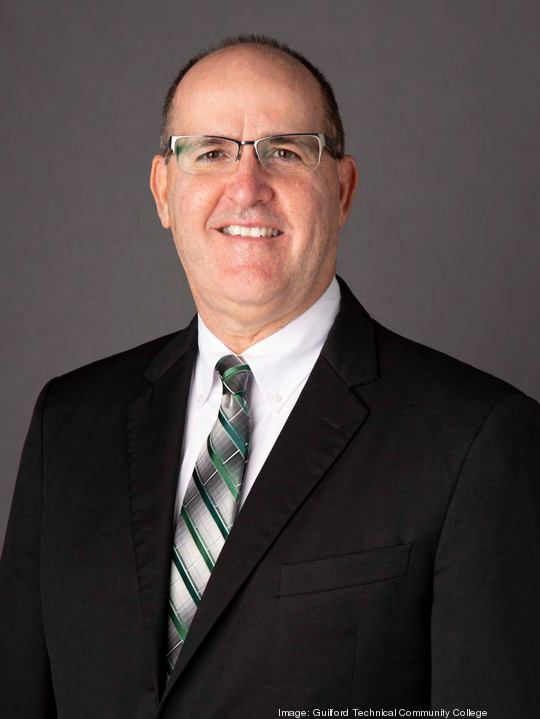
Also, there will be satellite suppliers near the site that will need workers, he said.
Clarke said GTCC has programs in a wide range of technical fields, including mechatronics, a program that trains students in industrial automation. The college also offers classes in robotics, electronics, facility maintenance and welding.
“We have a slew of programs across technical fields that would fit with what they’ll be doing,” he said.
The Toyota announcement has also generated interest at Forsyth Technical Community College.
“The Toyota plant has been the talk around Forsyth Tech for the last few weeks,” said Joshua Burcham, dean of engineering and transportation technologies. “There’s a lot of excitement around that.”
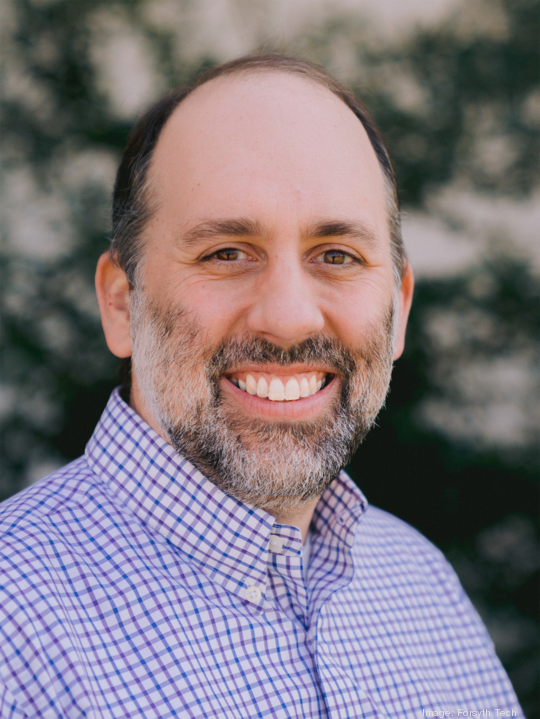
Burcham said even though the plant is in Randolph County, and closer to Guilford County than Forsyth, community colleges in the area see it as a regional boon.
“I think with the volume and the size of the facility, Forsyth Tech could offer a lot of skilled expertise in the maintenance side, design, and all of the other areas that Forsyth Tech has programs for,” he said.
Engineers and technicians
N.C. A&T State University is expected to use formal degree programs to advance the careers of employees of Toyota, according to Sanjiv Sarin, special assistant to the chancellor for strategic partnerships.
A&T has a suite of engineering programs that include industrial and systems, electrical, mechanical, computer science and computational data science.
“We will, as needed, offer short courses and workshops either online or at their site,” Sarin said.
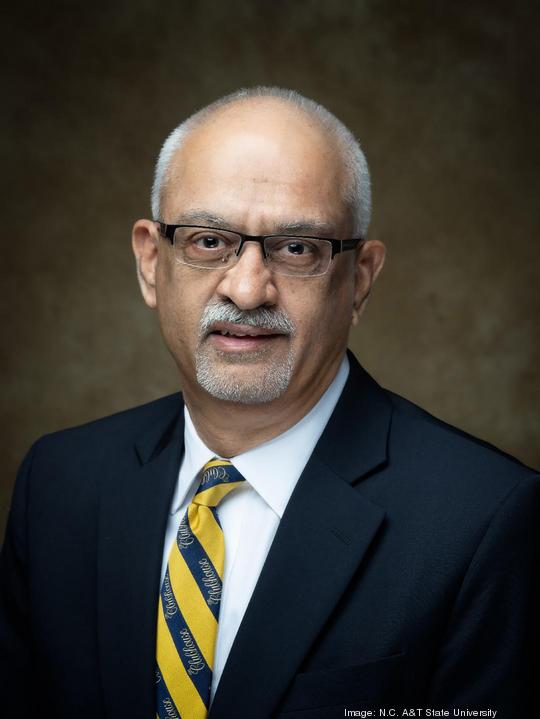
Sarin said the university has a wide range of science and engineering equipment and instruments that can be used by employees.
“We won’t be doing as much training, but we’ll be more of a resource to Toyota to help its technicians.”
Elon University will also be contributing to the engineering workforce that will be needed. In 2018, Elon introduced a bachelor’s degree in engineering. John Ring, director of engineering, said he has students interested in working with electric vehicles.
“After taking core courses, these students will have the opportunity to pursue internships with Toyota,” Ring said.
He said that, in 2025, he sees Elon as a support system mostly centered around providing students to Toyota who are technically competent and capable of undertaking internships and careers there.
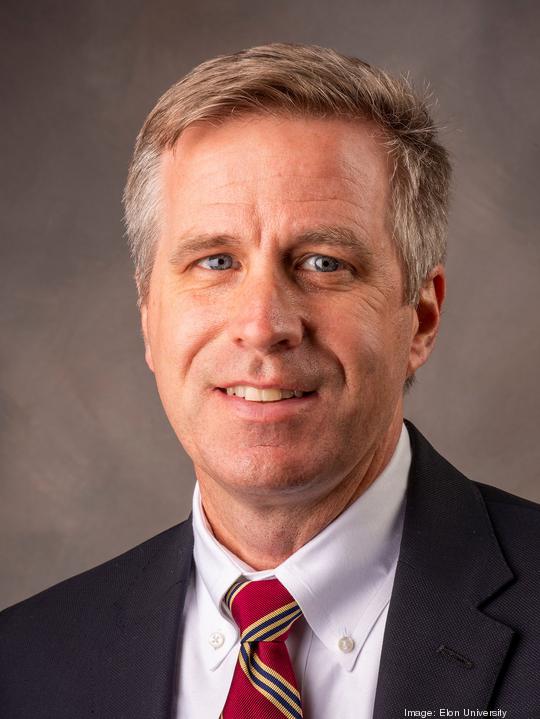
In the bachelor’s degree program, students can earn an Elon engineering degree while remaining on campus throughout their undergraduate education. In addition, Elon has an existing dual-degree engineering program that allows students to spend their first three years at Elon before moving to a partner institution for an additional two years, earning degrees from both.
The scale of the Toyota operations will bring opportunities to other universities and their students in the region. Supply-chain management is an area where Triad universities have academic programs potentially applicable to Toyota’s operations. Daniel Hall, interim dean of the Phillips School of Business at High Point University, noted that school’s program in supply-chain management will produce graduates prepared for logistics and supply-chain work at Toyota. UNC Greensboro and N.C. A&T also have supply-chain management degrees.
William O. Brown, associate dean at the Bryan School of Business and Economics at UNCG, expects the university to offer Toyota the opportunity for “employees to pursue our undergraduate degrees, graduate degrees or graduate certificates, but those will likely come later once it begins operations.”
Anne Wooten Green is a freelance contributor.



